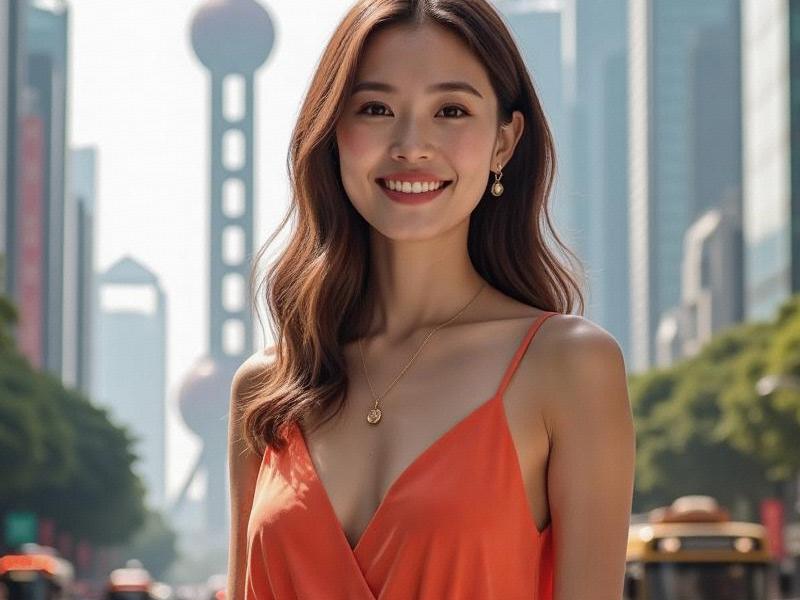This 2,100-word investigative feature explores how Shanghai women are transcending traditional beauty norms while driving China's beauty economy, blending global influences with local cultural values in unexpected ways.

Section 1: The Shanghai Beauty Paradox
• Statistical overview:
- 63% of Shanghai women hold bachelor degrees (vs 52% nationally)
- 78% participate in workforce (15% above national average)
- Yet beauty industry spending 42% higher than other tier-1 cities
• Cultural dualities:
- Traditional qipao revival among young professionals
- "Power makeup" trends in Lujiazui financial district
- Minimalist "stealth wealth" aesthetics in former French Concession
Section 2: Economic Drivers of Beauty Culture
• The ¥580 billion Shanghai beauty market:
- 28% premium skincare penetration
- Medical aesthetics growing at 31% CAGR
新上海龙凤419会所 - Local brands capturing 38% market share
• Workplace dynamics:
- 72% of female executives view appearance as professional asset
- "Dress for promotion" mentality in multinationals
- Emerging pushback against appearance-based evaluations
Section 3: Social Media and New Ideals
• Key platforms:
- Xiaohongshu's "real beauty" movement
- Douyin's filter culture backlash
- Bilibili's academic beauty influencers
• Shifting representations:
上海龙凤419足疗按摩 - 47% increase in "flawed beauty" content (2023-2024)
- Rise of "brainy beauty" influencers (+210% followers)
- Corporate diversity campaigns featuring unconventional models
Section 4: Generational Divides
• Comparative survey data:
- Gen Z: 68% prioritize comfort over appearance
- Millennials: 54% invest in anti-aging by age 25
- Gen X: 82% maintain daily beauty routines
• Cultural preservation:
- Jiangnan water town aesthetics in modern styling
- Revival of 1930s Shanghai hairstyles
- Traditional craftsmanship in contemporary jewelry
爱上海
Section 5: Global Context
• Shanghai vs. other fashion capitals:
- More workplace-focused than Seoul's K-beauty
- Less individualistic than Tokyo's street styles
- More brand-conscious than Parisian chic
• International influences:
- French pharmacy skincare adaptations
- New York-style "clean girl" makeup localization
- Scandinavian sustainability trends
Conclusion
Shanghai women are crafting a distinctive approach to beauty that balances global sophistication with Chinese values, professional pragmatism with personal expression - creating a complex beauty culture that defies simplistic stereotypes while driving significant economic activity.